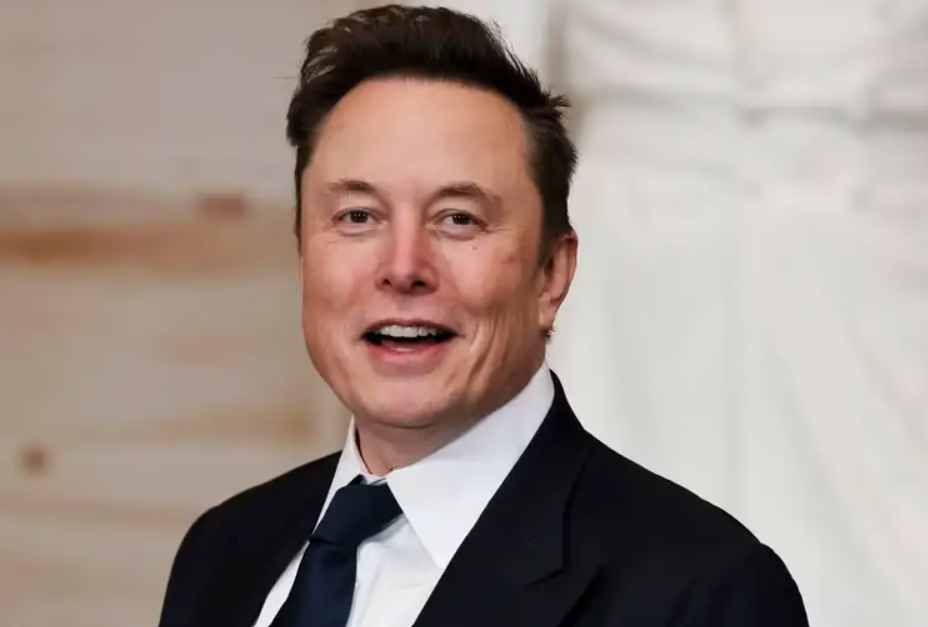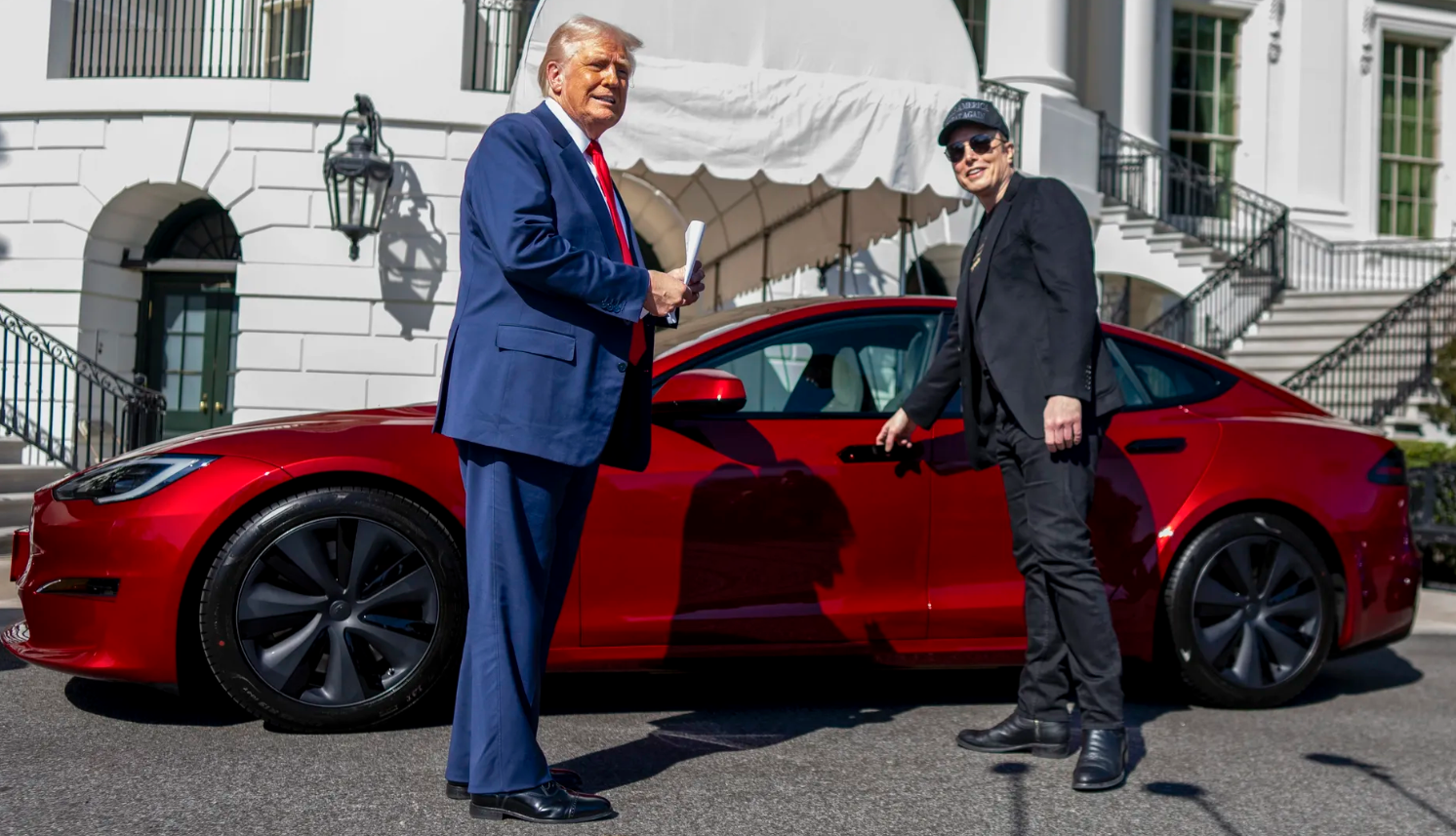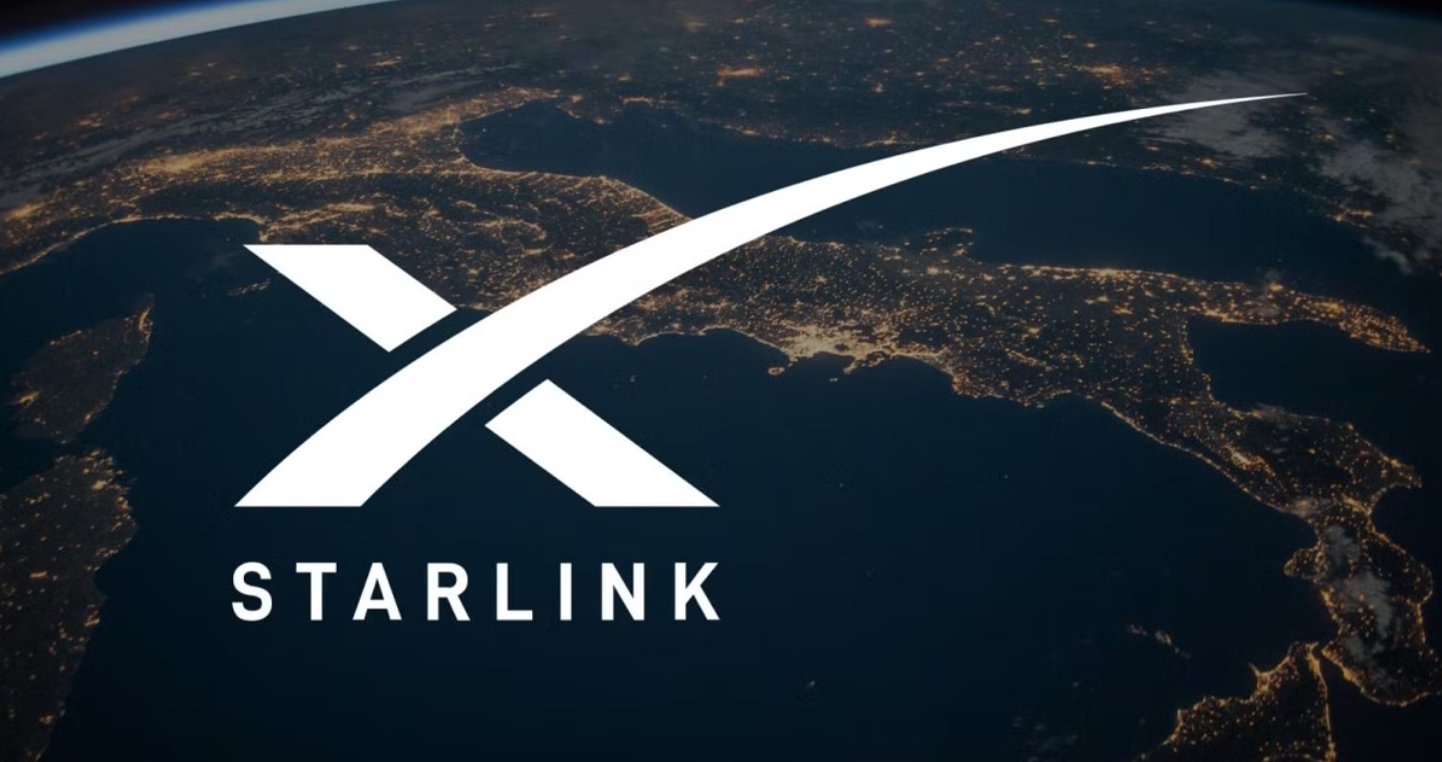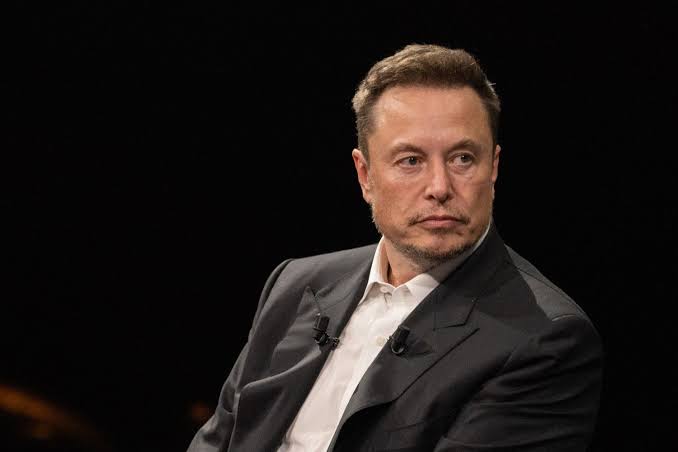Tag: ELON MUSK
-

Elon Musk Slams Trump’s “Big and Beautiful” Budget Bill as “Disgusting Abomination”
Elon Musk launched a scathing attack on President Trump’s massive budget bill Tuesday, calling the legislation—which Trump has touted as “big and beautiful”—an “outrageous,” “pork-filled,” “disgusting abomination.” The world’s richest man didn’t hold back, directly shaming House members who voted for the bill: “You know you did wrong. You know it.” The outburst was especially striking given…
-

Trump’s Show of Support for Musk and Tesla Sparks Ethical Debate Amid Growing Backlash
WASHINGTON – A fleet of Tesla vehicles transformed the White House South Lawn into an impromptu showroom last week as former President Donald Trump showcased his latest endorsement: a crimson Tesla Model S. “I want the same color,” Trump declared, admiring the car before climbing inside. The spectacle, however, was less about a presidential purchase…
-

SpaceX’s Starlink Imposes Strict Speed Caps on Priority Plans, Sparks Concerns Over Usability and Rising Costs
SpaceX’s satellite internet service, Starlink, has ignited controversy with a major policy shift for its Priority-tier customers, introducing aggressive speed throttling and price hikes that could significantly impact user experience and affordability. The company recently updated its website and began notifying subscribers via email about the elimination of “Unlimited, Standard Data” for Priority plan users,…
-

Elon Musk Faces $100 Billion Loss as Tesla Shares Plunge, Stripping Trillion-Greenback Standing
Elon Musk Faces $100 Billion Loss as Tesla Shares Plunge, Stripping Trillion-Greenback Standing Elon Musk, the world’s richest particular person, has seen his fortune take a major hit as Tesla’s inventory continues to slip, resulting in the lack of the corporate’s trillion-dollar valuation. Since mid-December, the 53-year-old CEO has seen his internet value drop by…